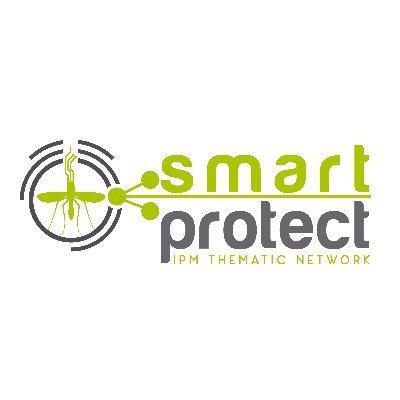The SMART IPM technologies are divided into four main technique types each with subsections of their own: Monitoring (Pest monitoring, Crop Monitoring, Others), Diagnostics and detection (ELISA, RNA and DNA, Mobile disorder detection, Others), Decision support (With sensors, Without sensors), Application (Sprayers, Sprayer drones, UV techniques, Distribution system for beneficials, others).
Download the fact sheets below.


